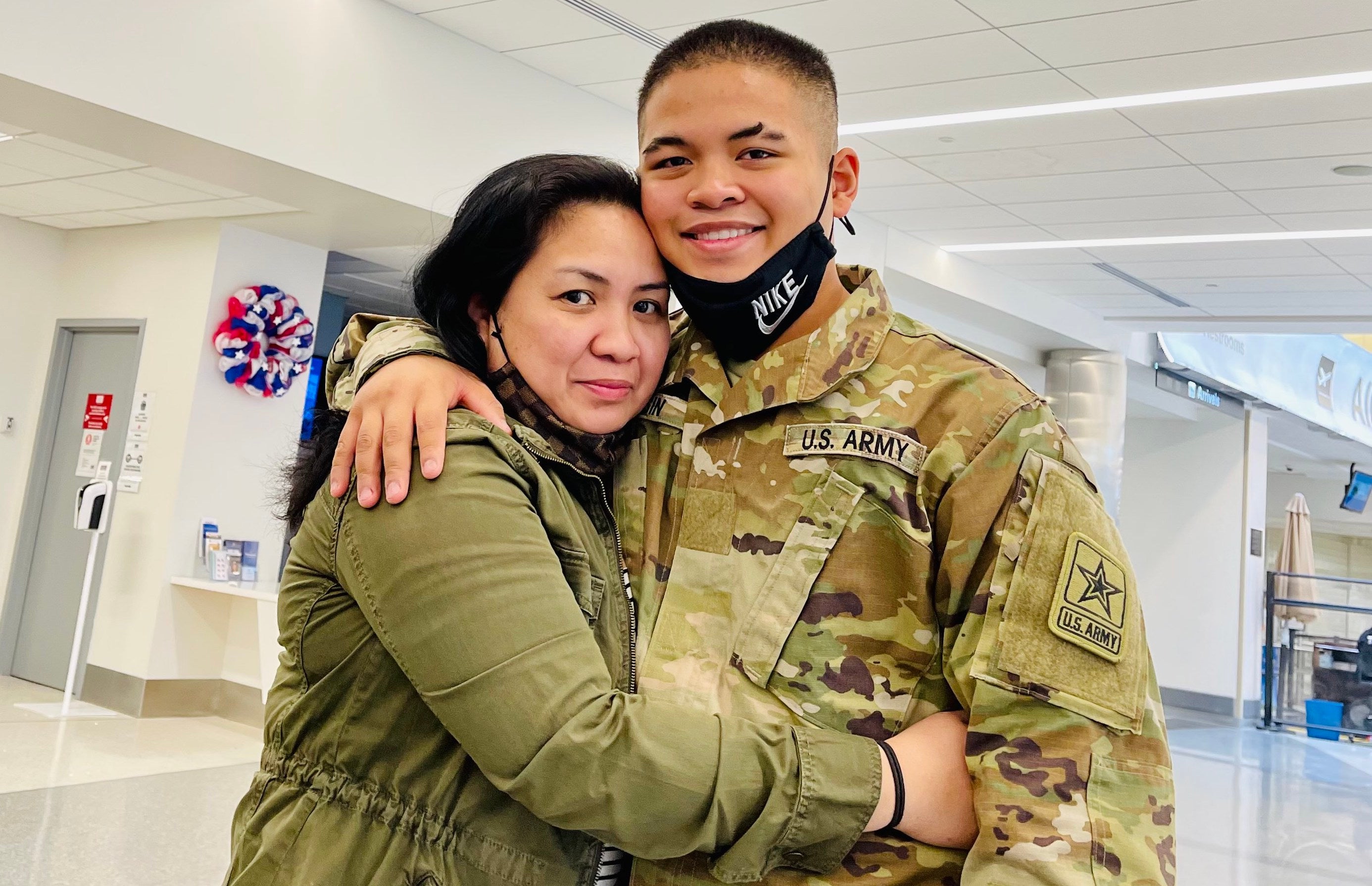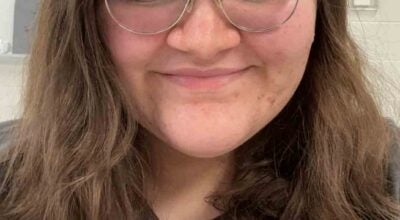BLEVINS: Hate crimes against Asian Americans
Published 11:46 am Monday, March 15, 2021
|
Getting your Trinity Audio player ready...
|
By Vivian Blevins
In my career in higher education, I’ve encountered times when I was the minority. Being a female college president/chancellor during the last two decades of the twentieth century meant that this happened frequently, at times being met with outright hostility for being a person who was vocal about what I perceived as unfair. And at times other presidents told me that they had misjudged me, that I was a hard-working CEO whose primary concern was making decisions on behalf of students whether it was seeking and getting funding for a new facility or insisting on new curricula or diversifying faculty and administration.
When I went to California as Chancellor of Rancho Santiago College District, I would find myself in meetings where as a Caucasian, I was definitely in the minority. I embraced the challenges of being in that position and giving voice to the need for inclusion. I might be tempted at this point to say that the majority of my best friends in California were minorities in terms of race and religion, and that is the absolute truth.
As a co-sponsor of a college and community trip to three major cities in China a few years ago, I experienced not only being in a country where I didn’t speak the language but also being in a country where there was no hiding. I’m tall; I have blonde hair, blue eyes, and very white skin. Several incidents of that trip stand out besides experiencing the incredible historic/cultural sites we visited, something I had longed to do since my early teen years.
Small groups of men would point me out to their friends and with body language discuss my height and hair color. Once a woman about my age came up to where I was sitting at a lake, pulled up my skirt and pointed out my white legs to her friend, laughing all the while. Another time, taxi after taxi refused to pick me up. At the Great Wall, couples with children wanted to take my photo with their children. Was this because I was such an oddity?
Have you ever been in a situation where you couldn’t pass? In American cultural and social history, passing refers to African Americans whose skin is so light that they can pass as white.
When the attack on the Capitol occurred on January 6, one of the Congresspersons of color indicated the fears he experienced when among that
white body (And I will concede that the makeup of Congress is beginning to change- at least slightly but nowhere nearly reflecting women and minorities in the U.S.) made him acknowledge that there was no place to hide in the crowd of legislators attempting to escape the threats of violence and even death.
Before a reader says something about my white privilege, I will admit that I’ve enjoyed that privilege as well as others in the past such as being in positions of power.
Acts of hatred have been unleashed against Asian Americans in the past with the Chinese Exclusion Act and other initiatives, but I want you to consider recent hate crimes, crimes and incidents which are so pronounced that the White House is having listening sessions with Asian American and Pacific Islander leaders via a virtual roundtable. COVID-19 seems to be a partial cause of this increase with former President Trump referring to it as the China virus; others call it the Kung Fu virus.
My Asian American friends, former students and recent acquaintances cannot “pass” to avoid the insults and fears to their safety and that of their families. I want to use this column to give voice to them.
I was told recently by a Vietnamese orphan, adopted by a Marine and his wife in 1975, that racial insults began in grade school when other children would pull their eyes to the side and call her gook . She maintains that her adopted father began physical and verbal assaults as well and kicked her out of the home when she was 15 for taking the Lord’s name in vain. At age 35 when she attended her adopted father’s funeral, no one knew he had an adopted daughter.
One of my California friends, Nga Pham, recalls that when she was 16, she was asked by a white woman in a grocery store, “Why are you here?”
At another time at the LA Airport during the Gulf Wars, she was asked for her passport. Her response was, “Why? I don’t have one, and I’m just going to Mississippi. What’s going on?”
When the attendant persisted, her younger brother remarked, “What do you think she’s going to do, blow up the plane?”
Today Pham indicates, “I fear for my three children, especially when they’re out at night as we never know what’s around the next corner.”
One-time immigrant and former college student of mine, Connie Thomson, came to the U.S. with her small son from the Philippines when she was 21. A nurse, she works at two area nursing homes and shared two experiences with me.
“I had been told that a co-worker was racist, but I ignored that until one day I asked her if she needed my help. She snapped back and called me every name in the book. She reported me to the administrator, and I was called into his office where my job was threatened. He failed to listen to my pleas for an investigation.”
Thomson’s response to him was, “If you think I’m the problem in this company, by in the morning you will have a problem on your desk.” She called the president of the company who came unannounced to the site on the following Monday. The administrator denied her account of the incident, and the director of nursing who stood by her was fired. Thomson went to work for a different company.
At one facility, a patient she was attending said to her, “You monkeys should go back to the country you came from. You have no place in this country.”
Thomson reports her response was, “This monkey is here to help you with respect. If you cannot respect me, you’re entitled to your opinion. If you don’t need my help, I can go to others who do.”
He bowed his head in shame and said, “I need your help to go to the bathroom.”
Thomson’s advice to those who are the brunt of racial insults in the workplace is the following: “(1) Speak from the heart about why you’re there and the job you are doing; (2) Look the offenders in the eye to let them know you’re sincere; (3) Be strong; don’t show weakness. You can stand up for your rights.”
In conclusion, I’m ending on a happy note. Remember that son who came with Thomson to the U.S.? He was almost three years old at the time, and his name is Jome Batusin. He’s now 19 years old, did his U.S. Army basic training at Ft. Benning and is now at Ft. Lewis in the state of Washington, modeling his career choice after his uncle in the Philippines. He was FaceTiming his mother recently
and said, “The army is really for me.” She says that her son’s face lit up and there was a spark in his eyes. Her response to him was, “Dream big and work hard.”






